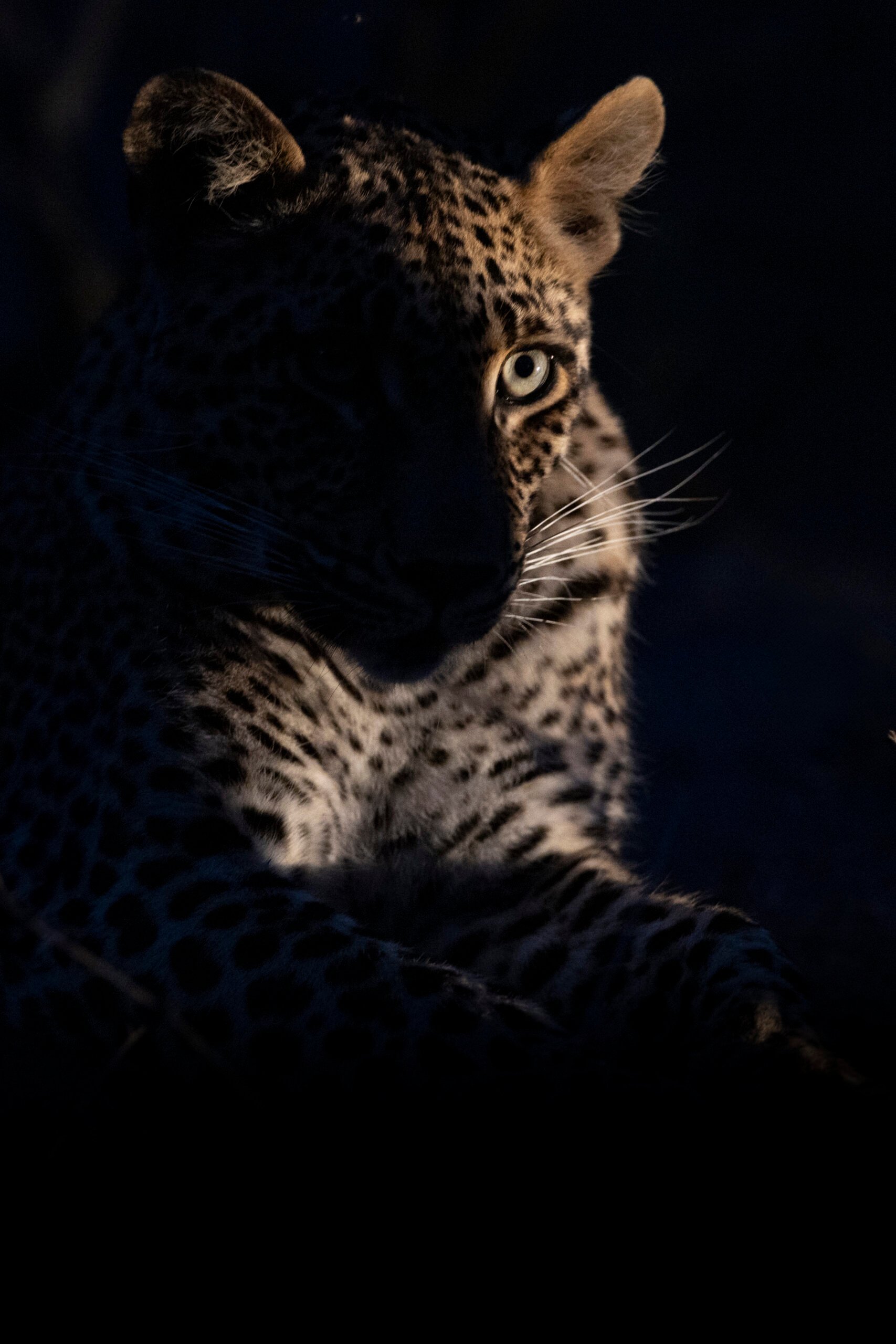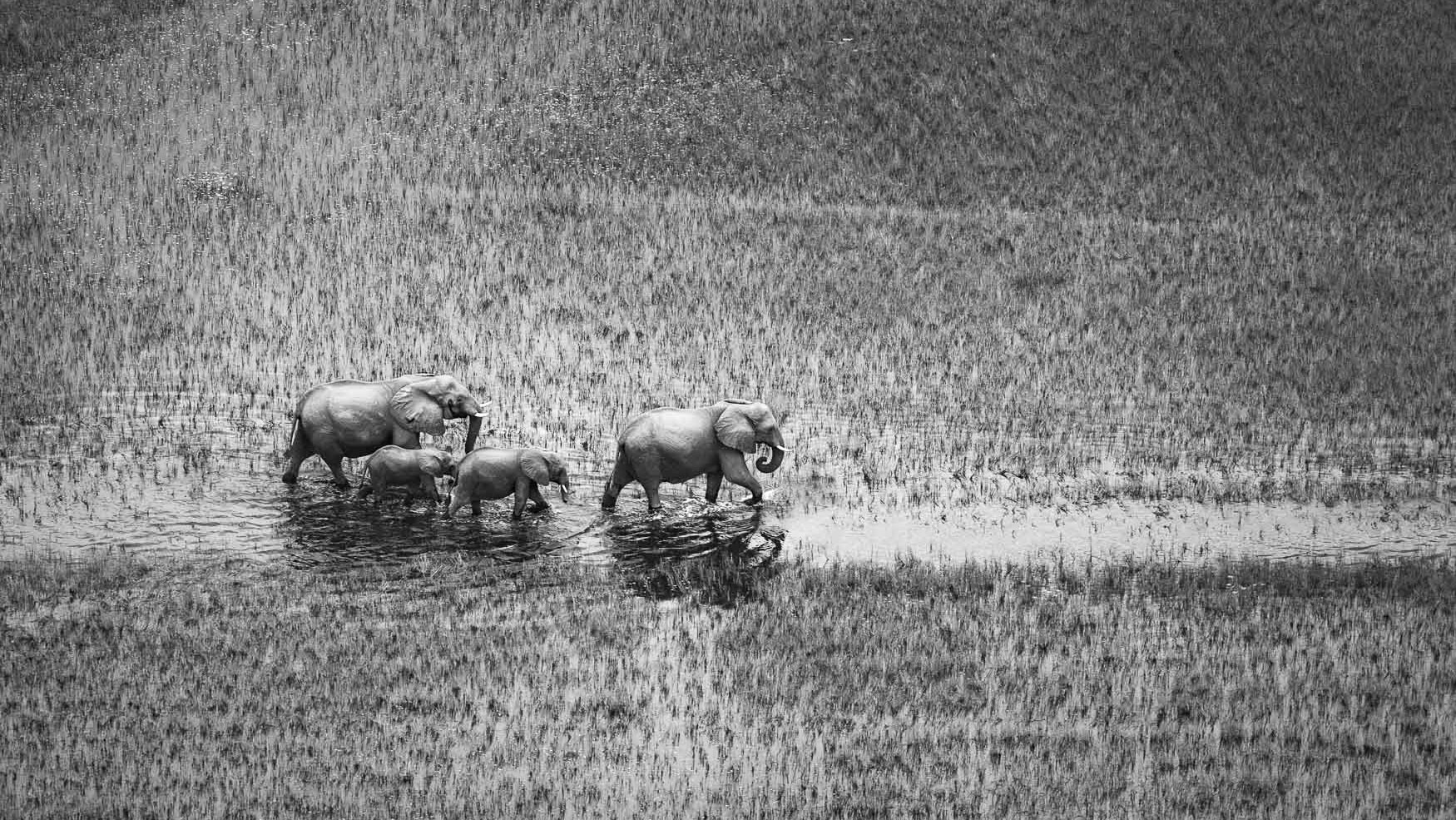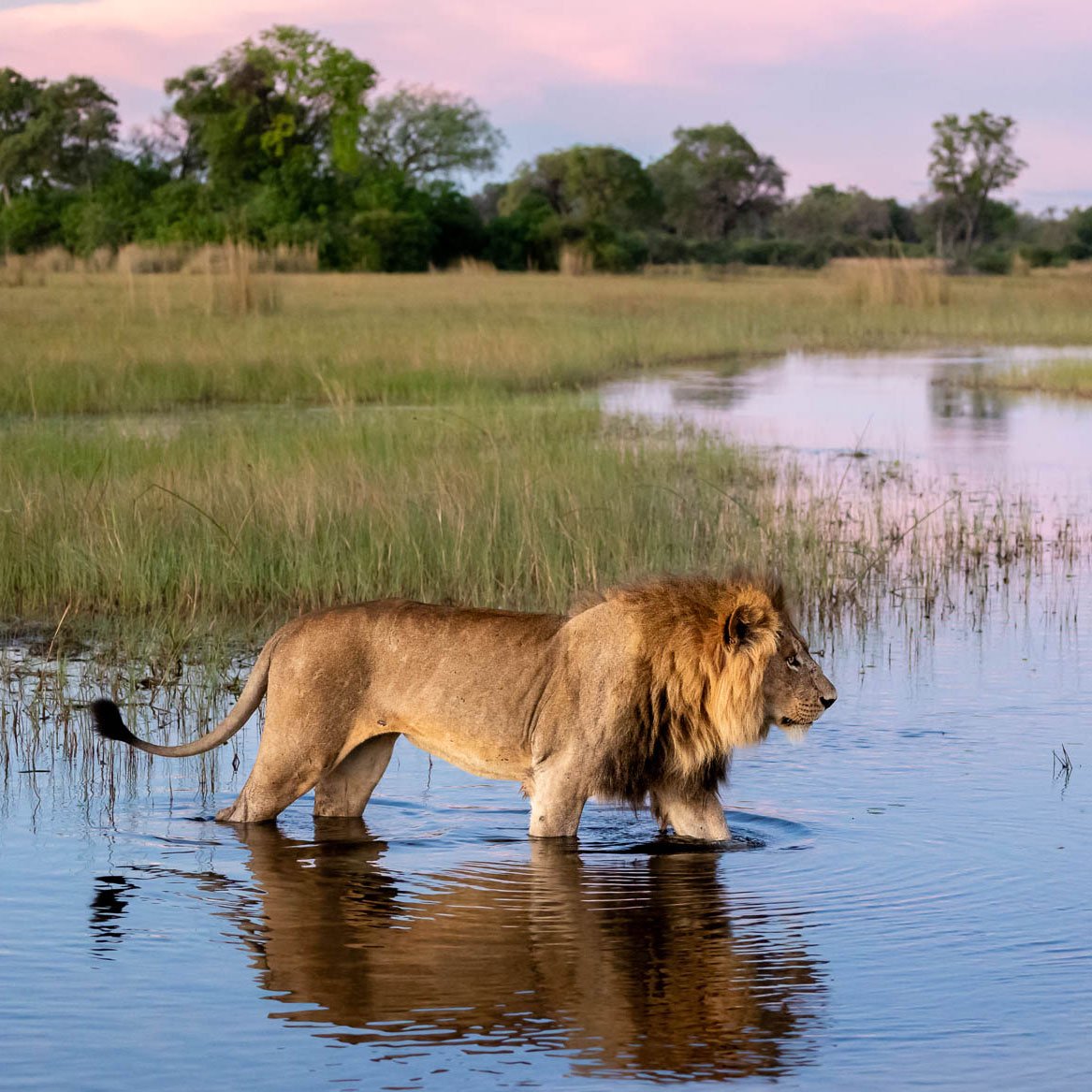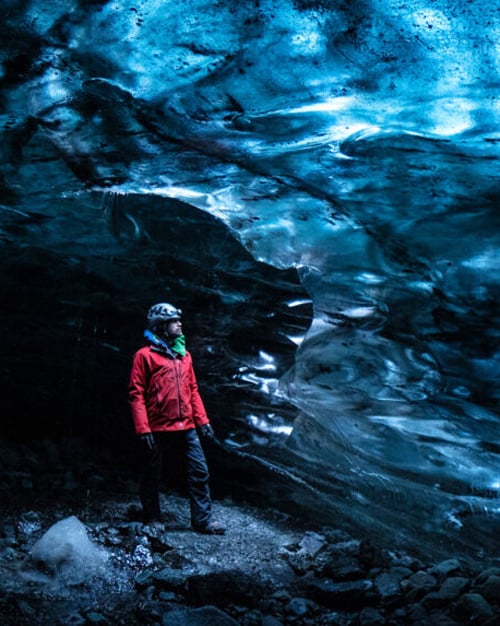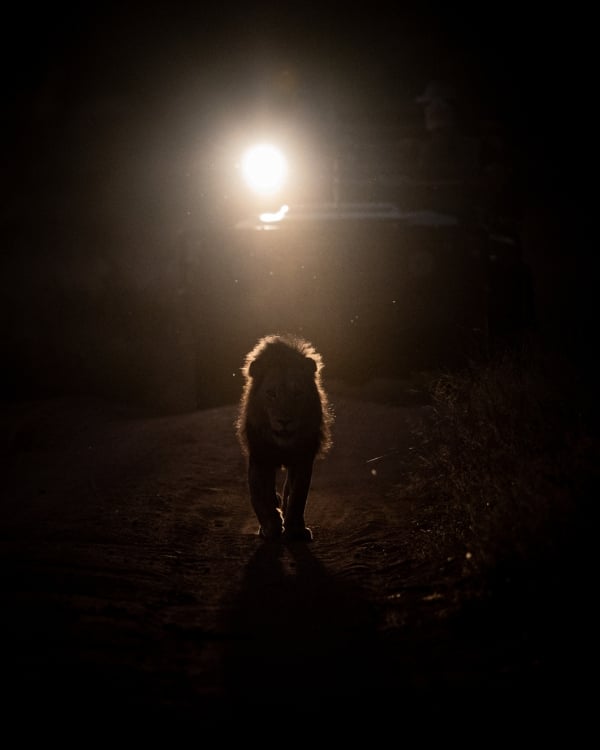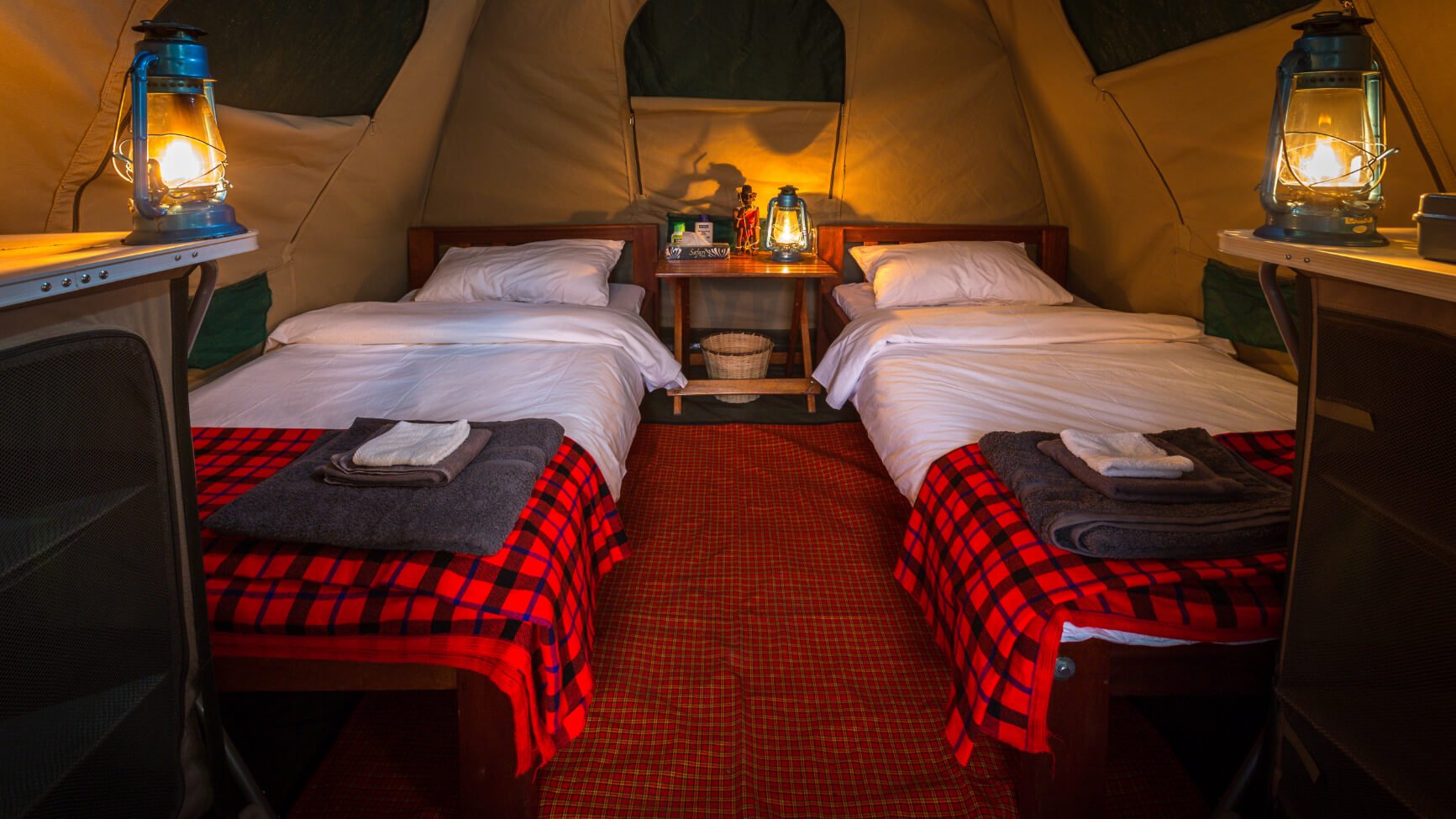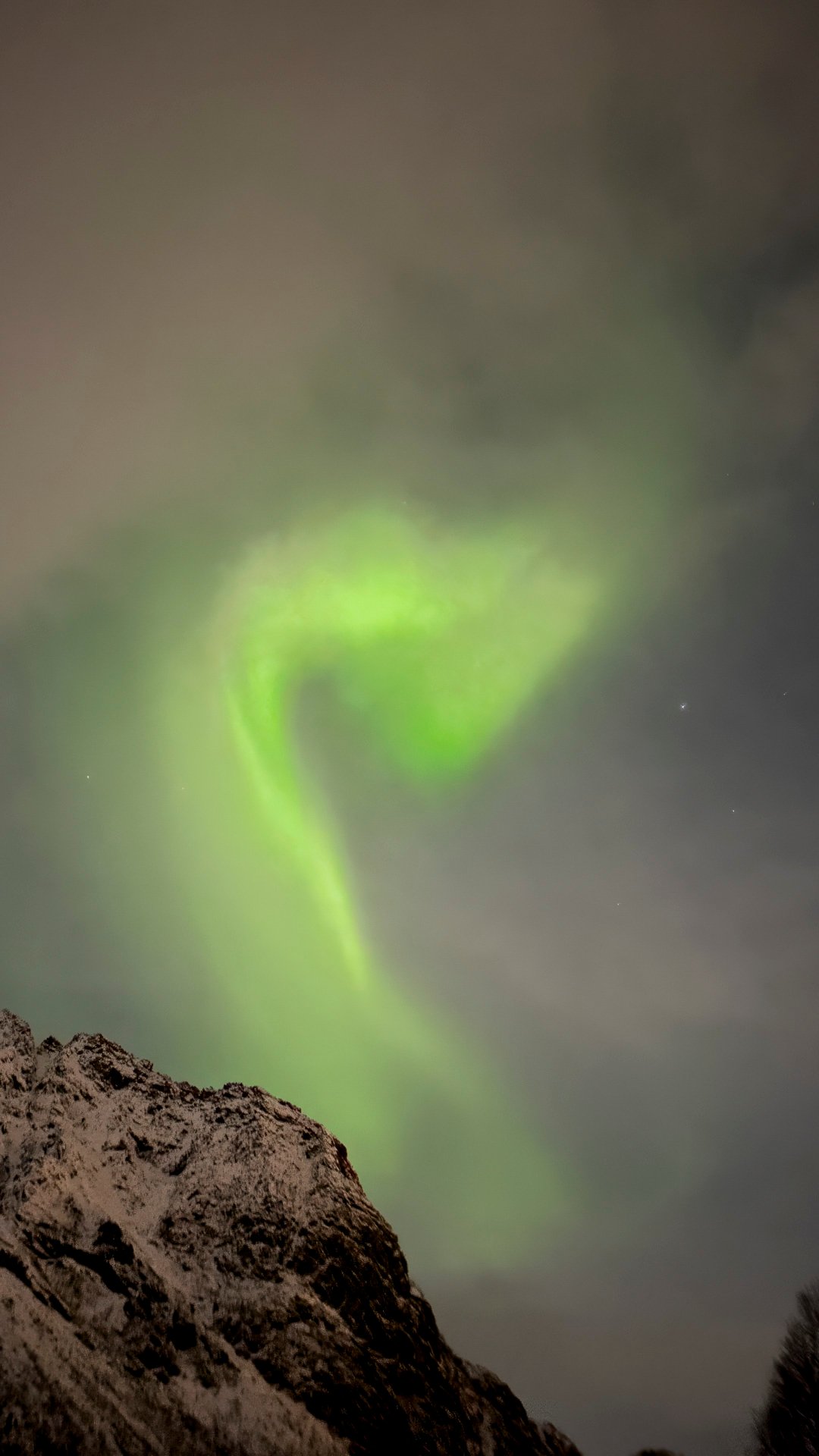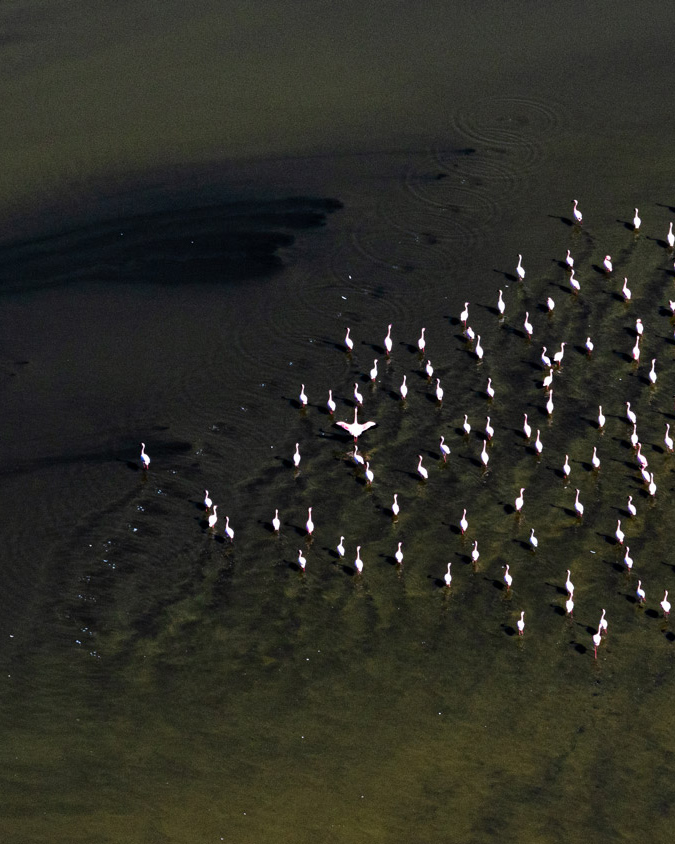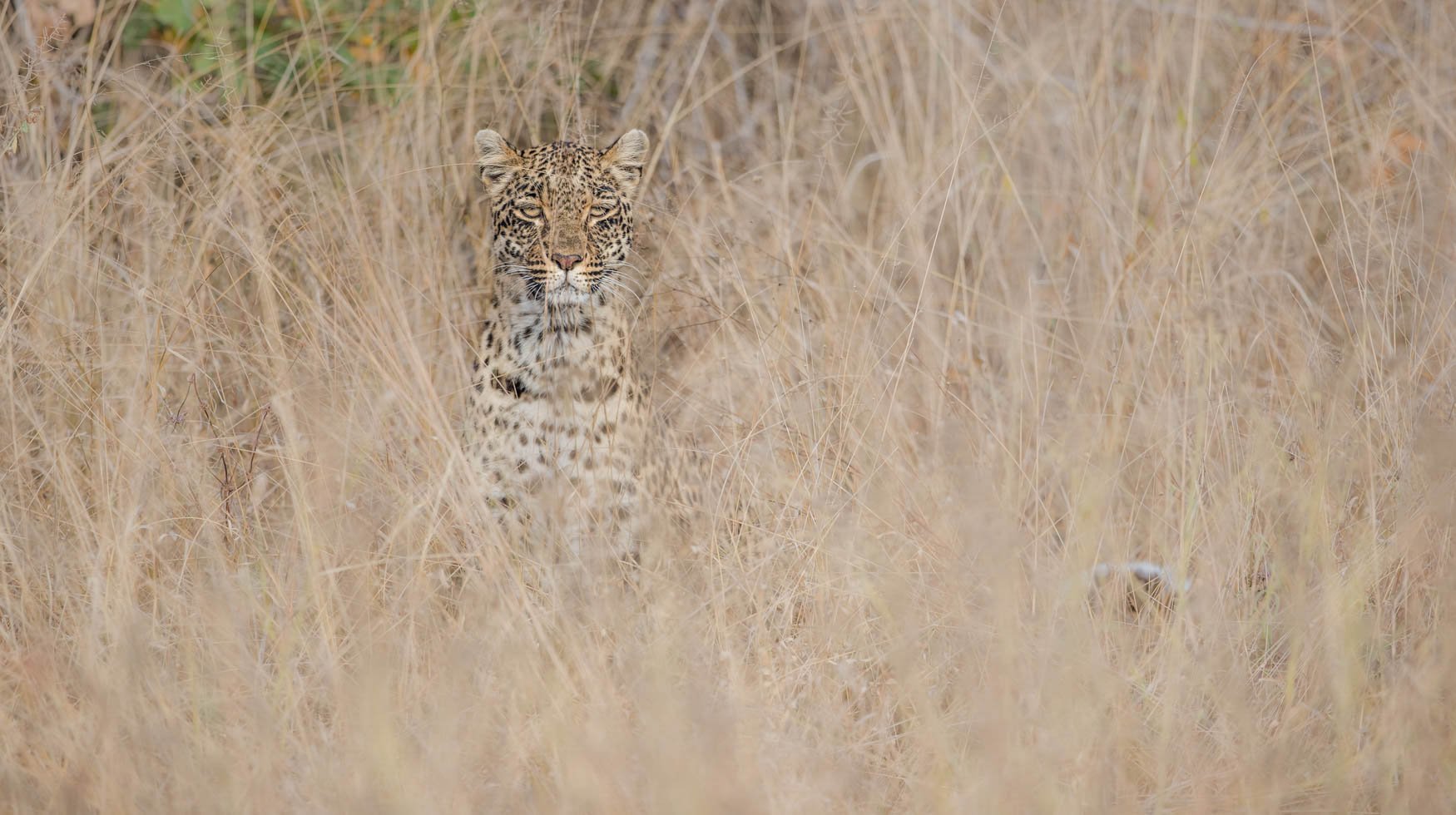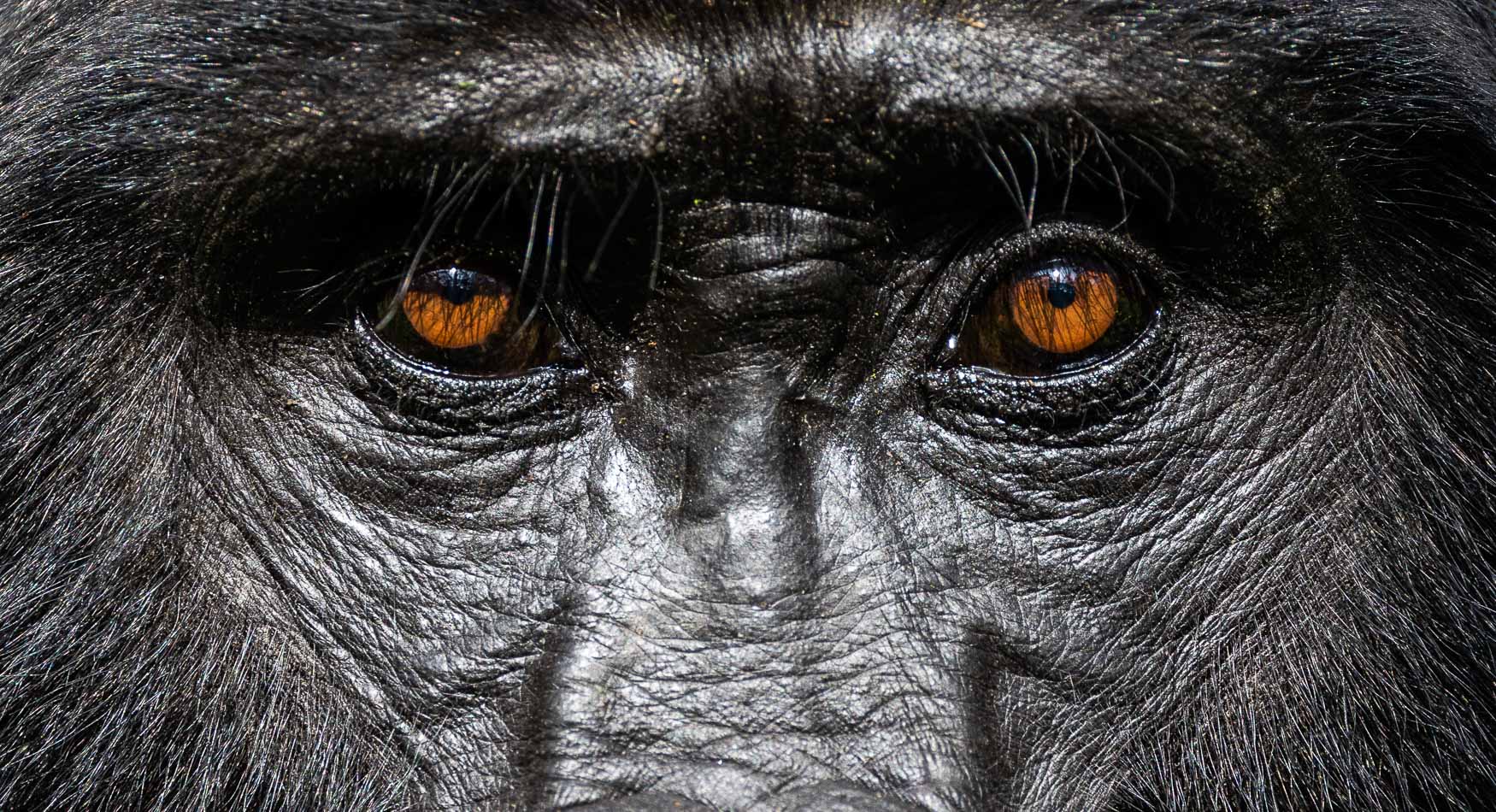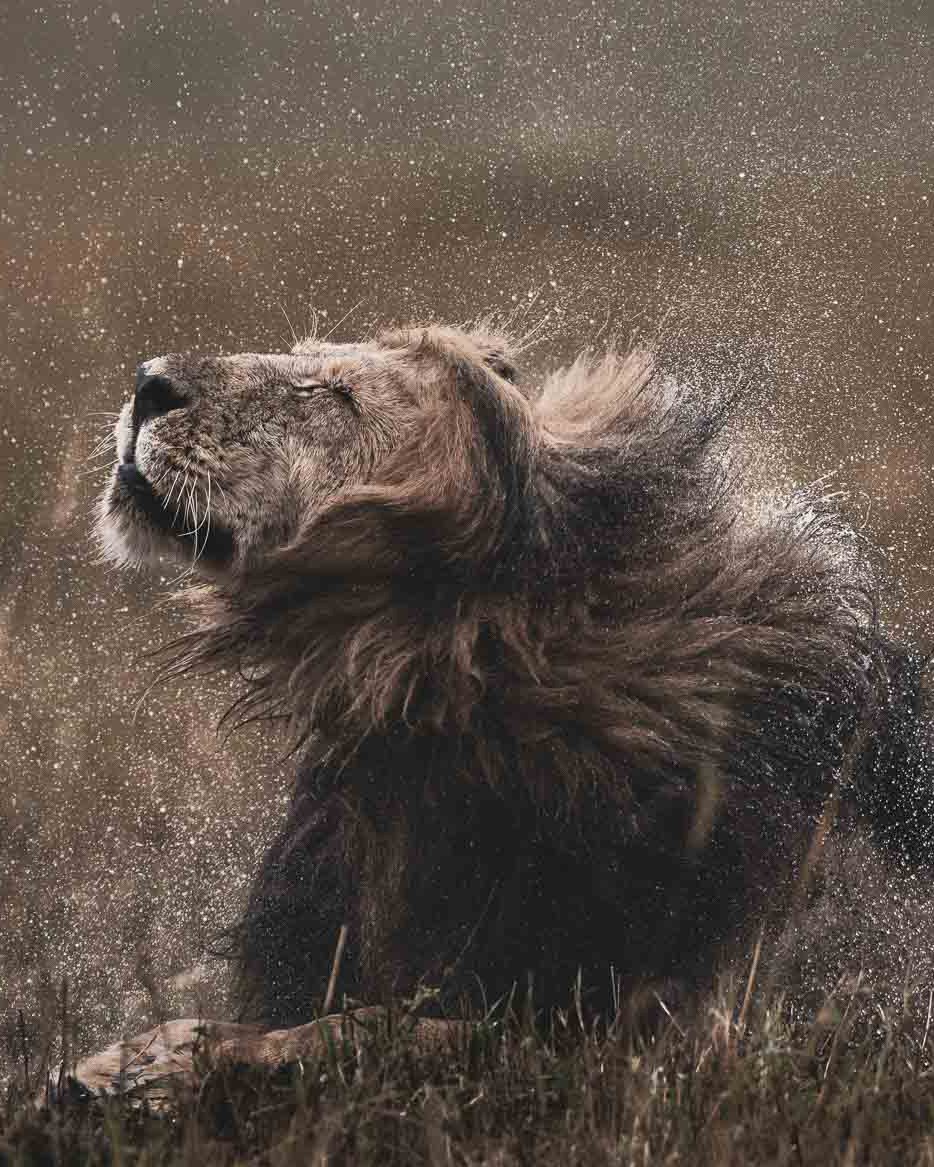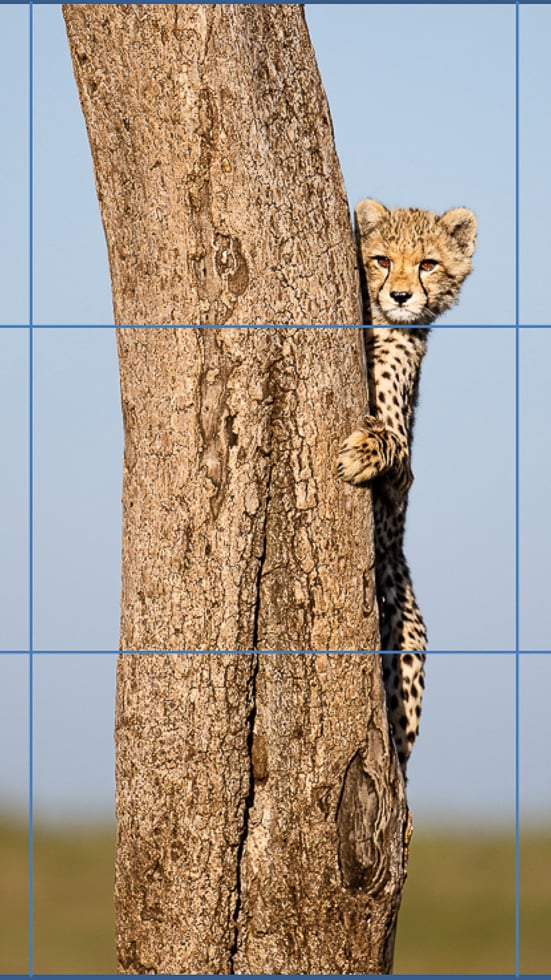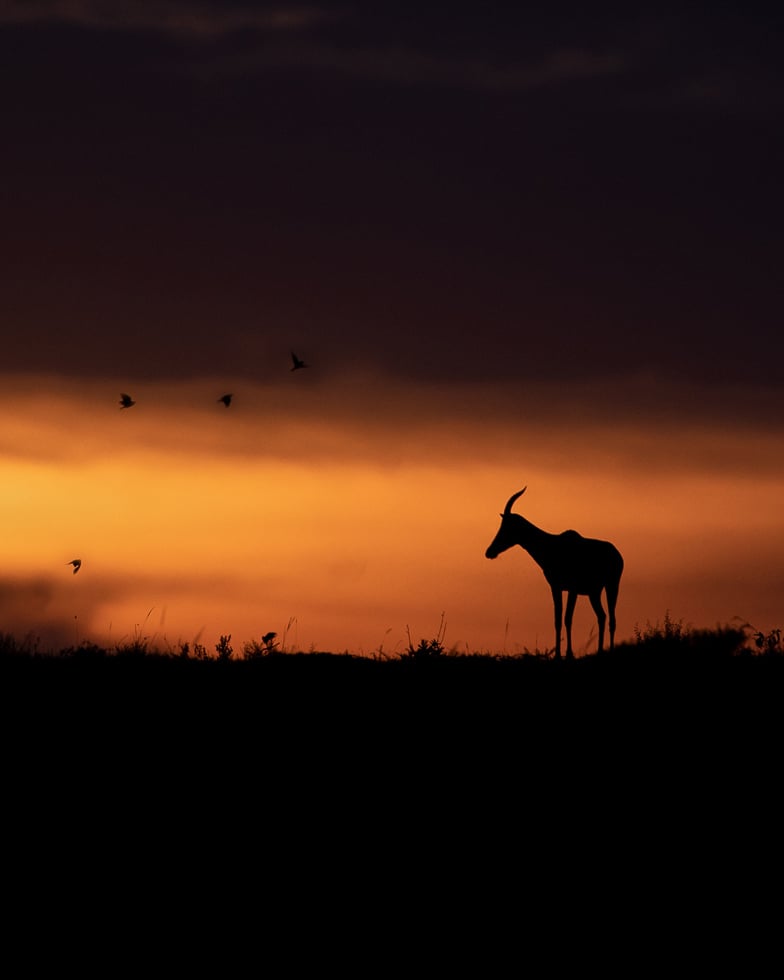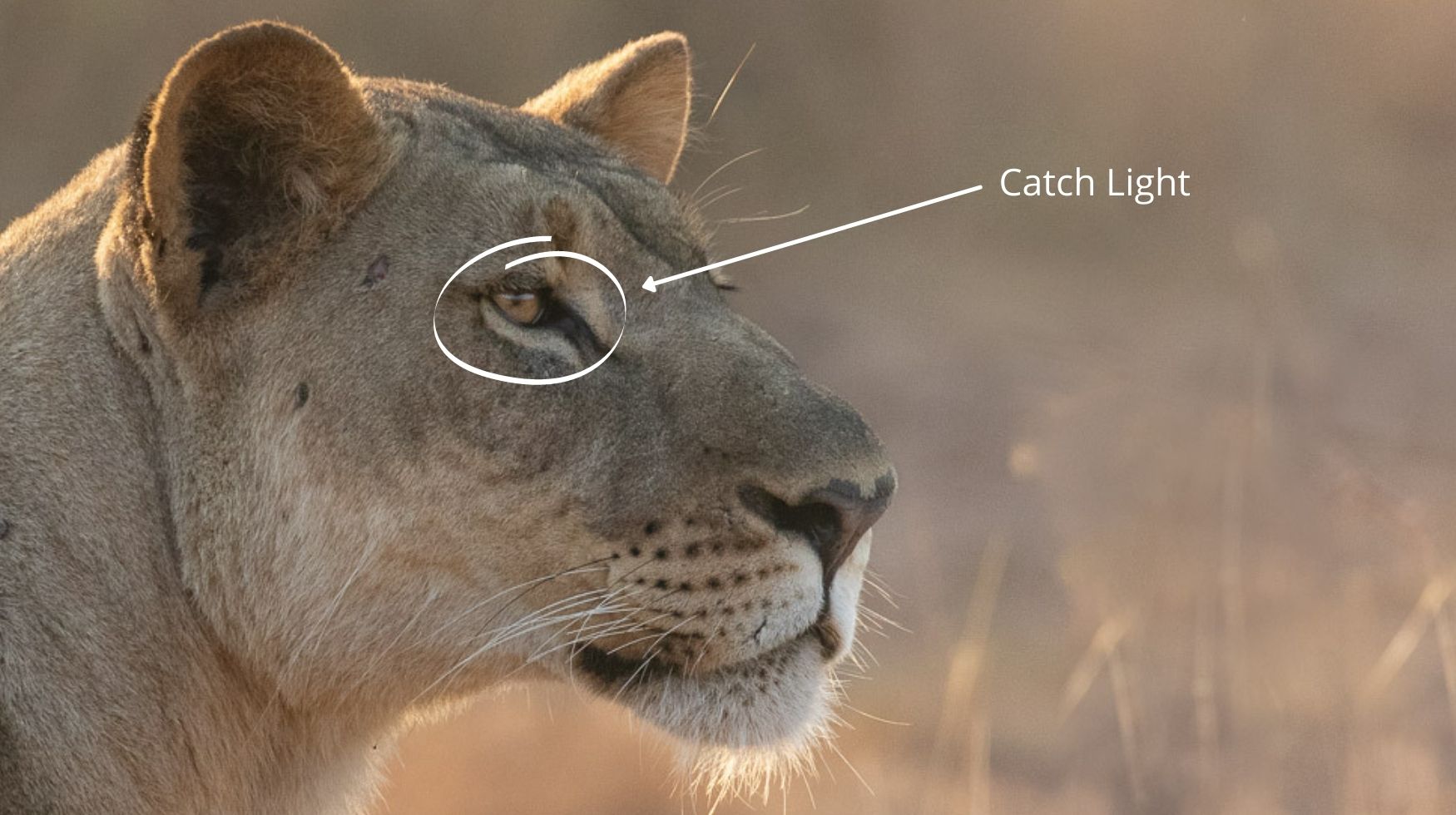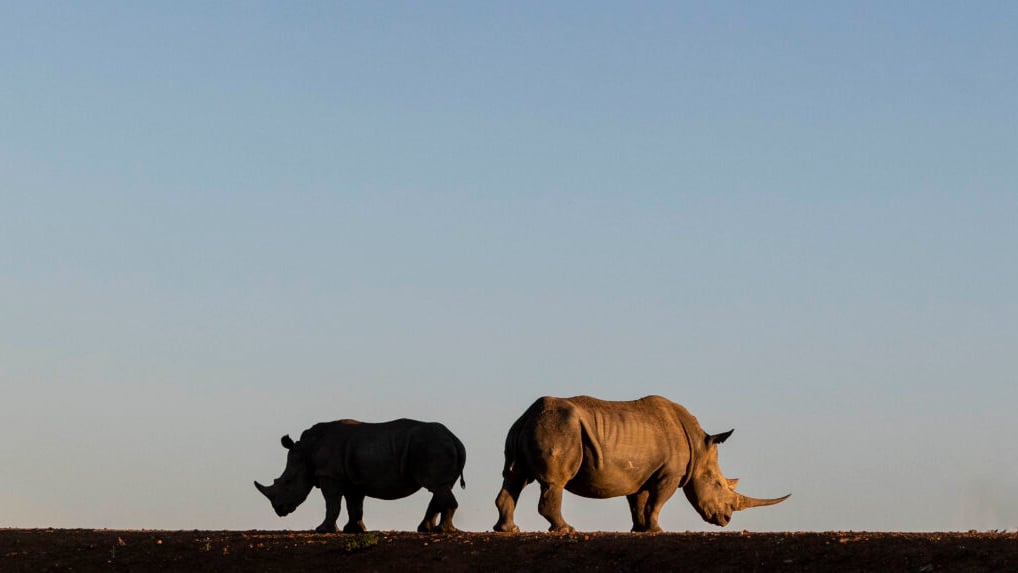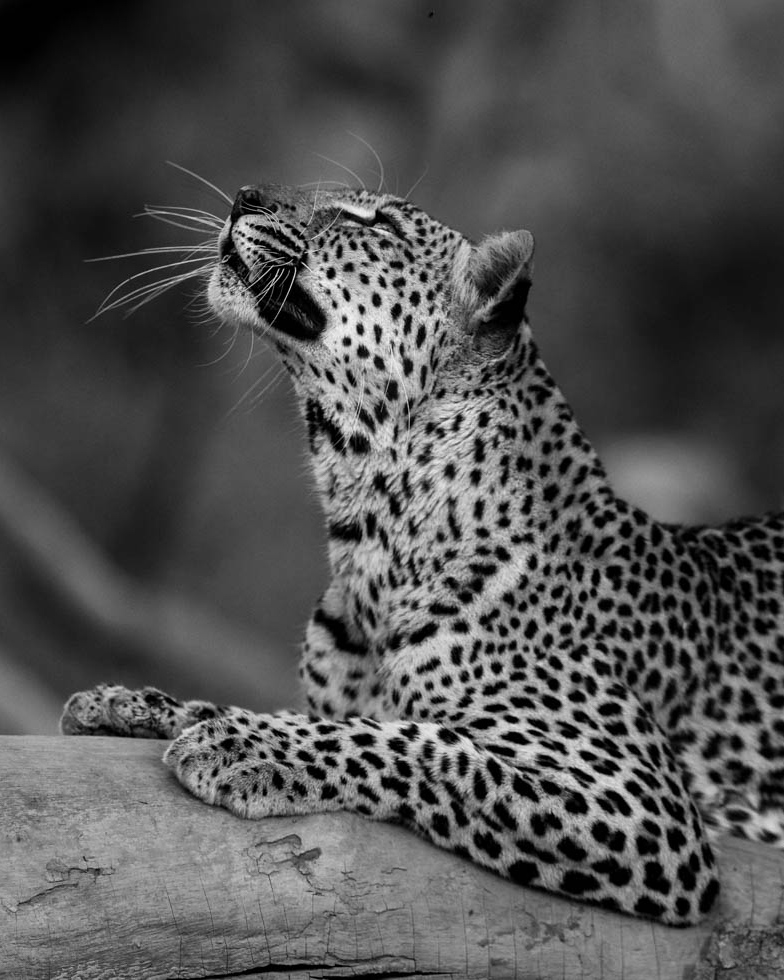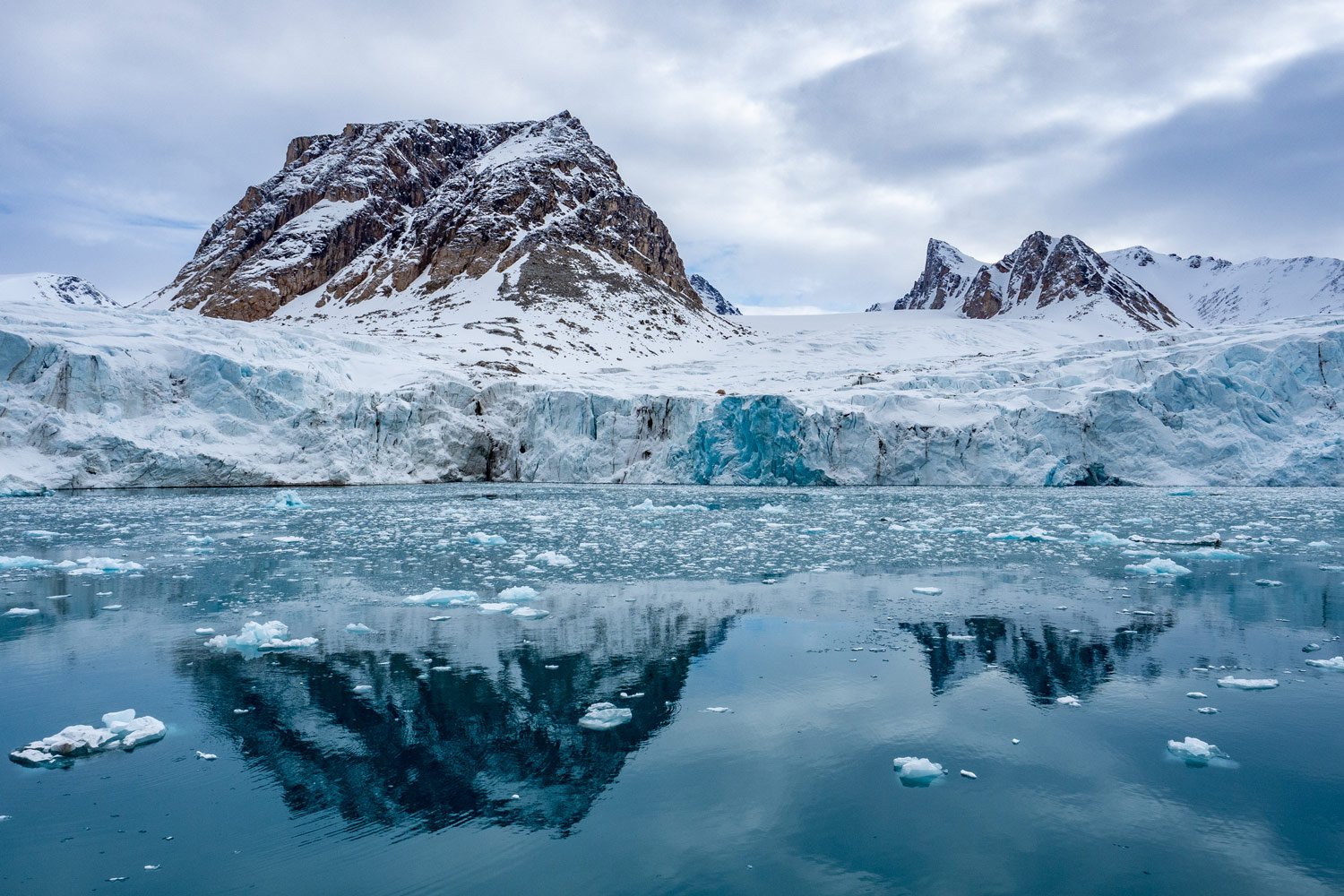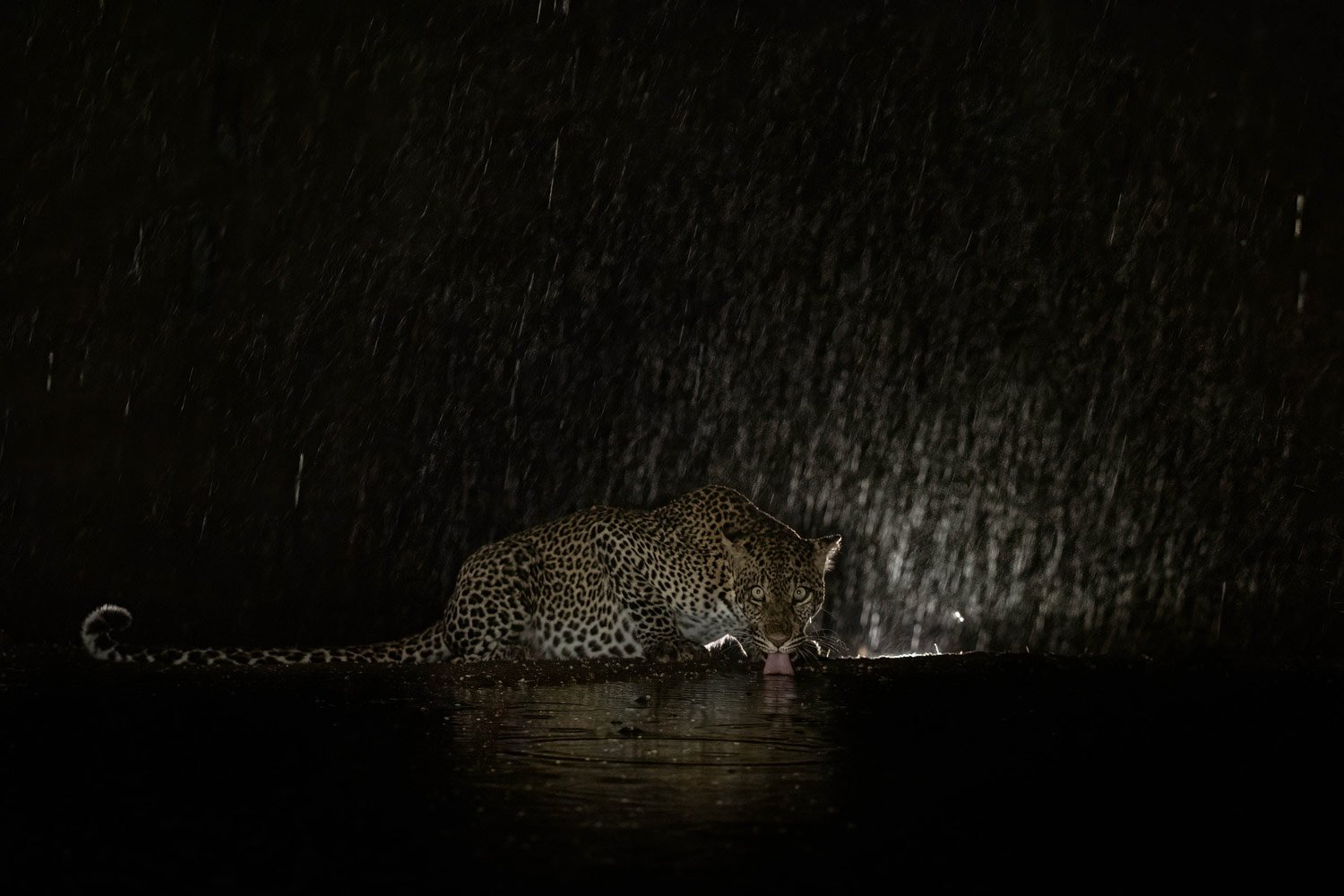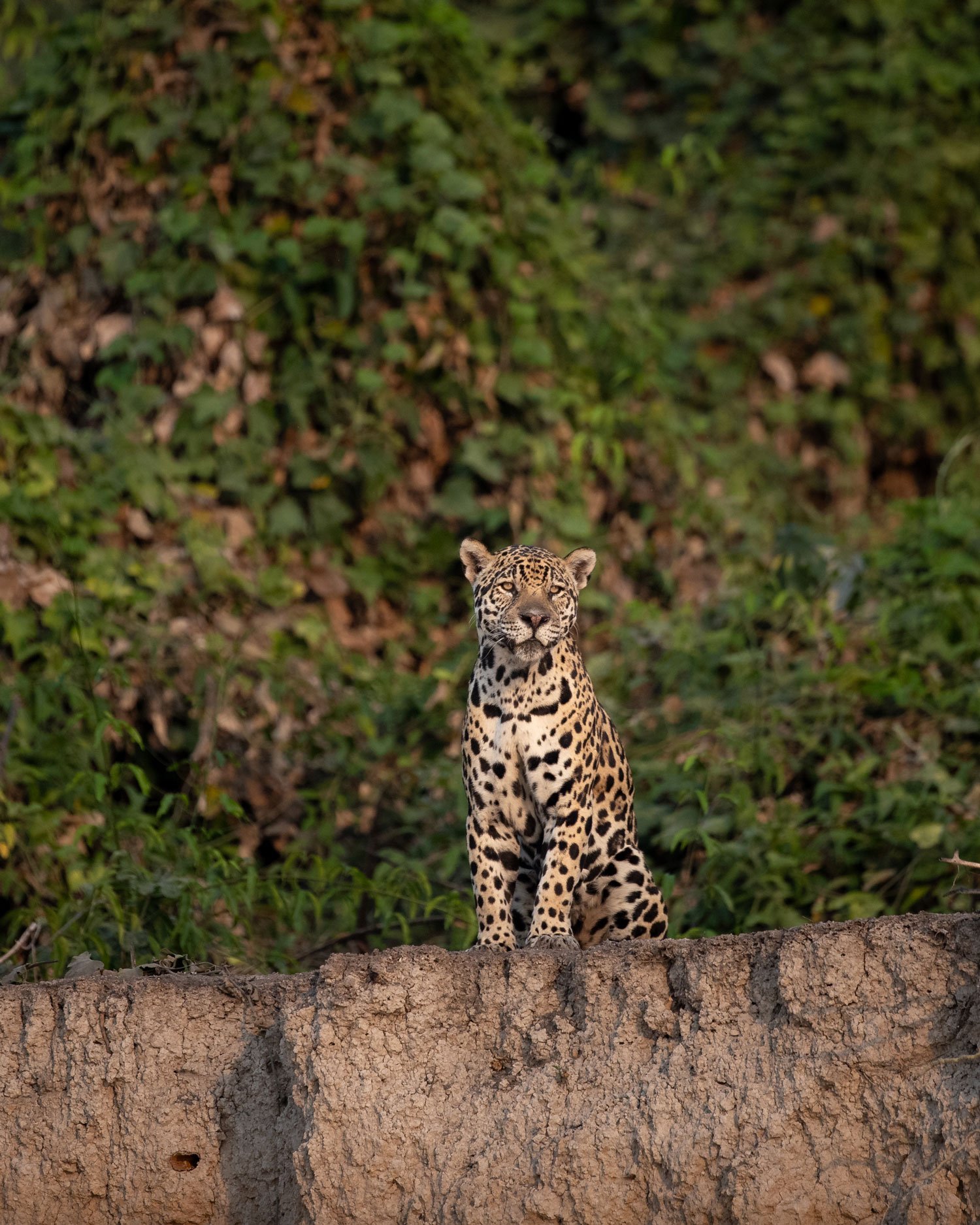
WELCOME TO THE WILD EYE BLOG
Unleash your wanderlust with Wild Eye, your ultimate hub for travel inspiration, expert photography tips, and thrilling adventure stories. Whether you're a seasoned traveler, an aspiring photographer, or simply dream of exploring the untamed corners of our planet, we have something for you. Dive into a world of insightful advice, breathtaking visuals, and first-hand accounts from adventurers who see the world through a wilder lens.
From practical guides to capturing the perfect shot to uncovering off-the-beaten-path destinations, Wild Eye is here to inspire your curiosity and help you embark on journeys that leave lasting impressions. Explore stories, tips, and ideas that guide you toward unforgettable experiences.
Stay curious, stay adventurous, and let the journey begin

